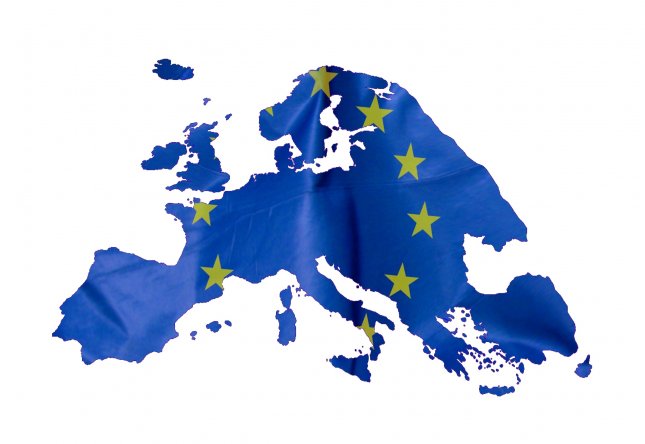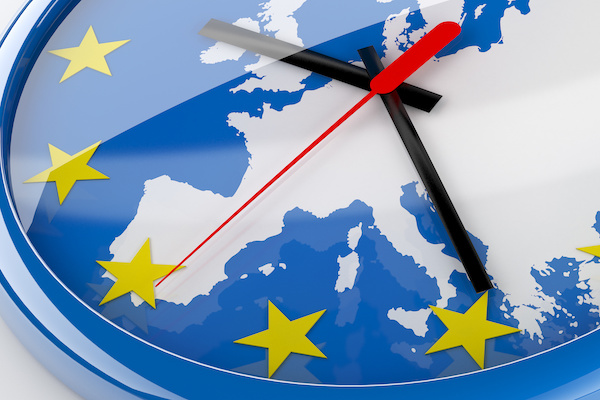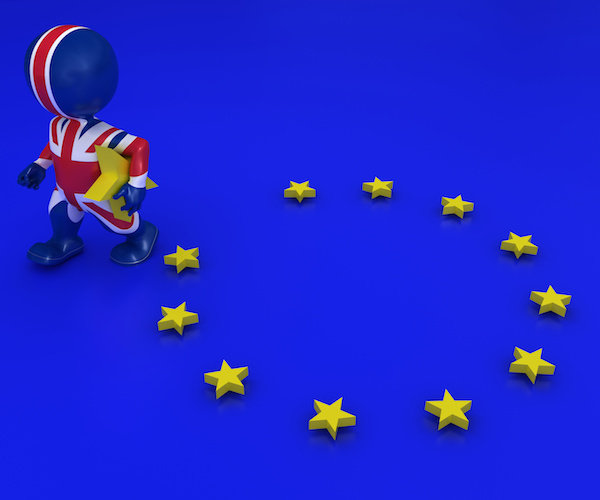15 July 2014
A new president for the European Commission… but still no European energy strategy for 2030


The European Heads of State and Government, meeting within the European Council on the 26th and 27th of June in Ypres (Belgium), were to discuss the EU strategy on energy security, and the next framework for European energy policy for year 2030. However, at the end of an intense Council, it seems that the efforts were mostly focused on reaching an agreement on the name of the next European Commission President, rather than on the EU energy policy. Yet, there is an urgent need to act …
The main outcome of this European Council is indubitably the officialization of Jean-Claude Junker as the Council candidate for the Presidency of the European Commission, for the next legislative period 2014-2020. The appointment of this European federalist and former President of the Eurogroup, eagerly awaited, was reached with 26 votes against 2 (UK and Hungary), and still has to be approved by the European Parliament, in the following weeks.
5 pillars for the EU …
The Heads of State and Government also agreed on five strategic priorities that will be at the core of the European institution’s work in the next legislature. The new European agenda aims to promote competitiveness and jobs in the EU through a well-integrated market providing incentives for investors; to protect the European citizens; to enable the implementation of an energy policy that secures the provision of a low-carbon and affordable energy for consumers, and to strengthen the EU justice system most particularly regarding transnational criminality and immigration. But what about concrete decisions regarding the EU energy policy? What about the regulatory framework, eagerly awaited by stakeholders?
…but still no concrete policy
Indeed, since the publication by the EC of the Communication for “A policy framework for climate and energy in the period from 2020 to 2030” in January 2014, calling for an ambitious target for the reduction of CO2 emissions, and following the adoption of a Parliamentary report in favor of three binding targets for the 2030 European energy policy framework, all eyes are now on the European Council. The Head of State now have to take position on the 2030 targets, to trigger the final stage of negotiations on the next European climate and energy policy framework. Paradoxically this Council decision is also eagerly awaited by Member States themselves, to design on this basis, their future policies for renewable energies, energy efficiency and CO2 emissions. It is also a strong expectation for investors and industrials in the energy sector, deprived of a relevant market signal to trigger investments, and calling for long-term political commitment, at the European level.
The Ukrainian emergency…
Of course, the outbreak of the Ukrainian crisis in March 2014 has played an important role in this delay. Suddenly confronted with the EU’s energy dependence and its potentially devastating consequences in terms of security of supply and competitiveness for European industries, the “European strategy for energy security “, adopted in emergency last June, reached a top priority level. In this sense, the European Council asked national governments to “double their efforts” to reduce energy dependency of the EU and supported the implementation of a set of measures, to address the most urgent issues in order to strengthen European energy security in the short-term (before winter 2014/2015). Among these measures, the promotion of solidarity and cooperation between Member States, in particular through the European Energy Community, and the strengthening of European energy infrastructures. However, even if this package is commendable, it is again the short-term view that seems to prevail.
…conceals energy long-term vision
In reality, as always in these cases, the lack of clarity and the uncertainty tend to postpone all investments by the economic players. This is why it is urgent for the October European Council to take the opportunity to settle clear targets for 2030 … We must also take into account the lessons learned from the 2020 framework, and promote a consistent approach, with a long term vision of the European energy market, and through a European Low-Carbon Strategy, based on an ambitious, single binding target for CO2 emissions reduction.
Indeed, the energy security of Europe and the fight against climate change should be seen as the two sides of the same coin: through a low-carbon strategy hinged on a unique target for CO2 emissions reduction by 2030, Europe would commit to develop both renewable energy sources and energy efficiency measures, which is at the core of its energy independence. On the other hand, a strong carbon signal would also restore the profitability of the gas-power stations (CCGT), which provides low carbon electricity, and are essential to the stability and security of the electrical system.
Find out more
02 June 2020
“Long live Europe”: it’s time for Europe!
25 February 2020
Brexit: love last 47 years


About us
The Union of the French Electricity Industry is the trade association of the French electricity sector. We bring together companies from the whole value chain of the electricity industry.
Find out more










